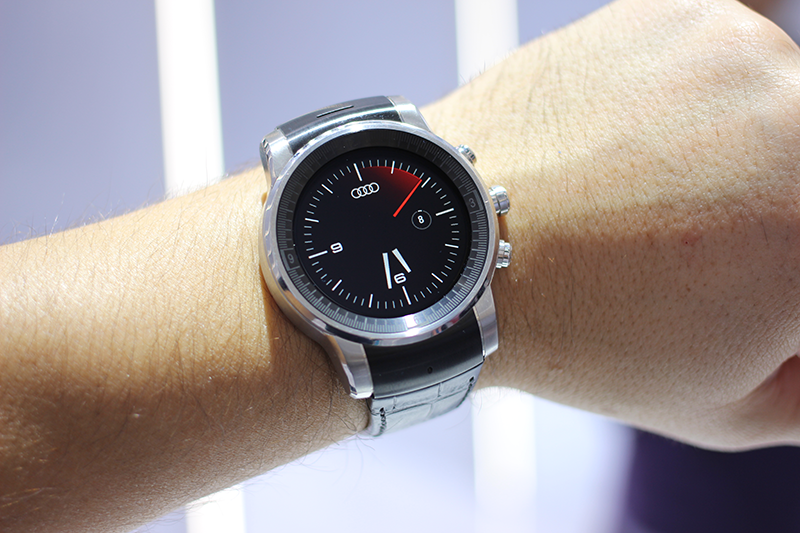As wearable technology is becoming part of our everyday activity, it’s also making an impact on our daily lives. Moving beyond heartbeat and step counts, the latest fitness trackers and smartwatches can now measure your blood pressure and monitor glucose. But, can developers avoid repeating mistakes that plague the ubiquitous wearable tech as they move into the body?
Read more Wearables Market to grow to $27 Billion with 137 Million Units Sold in 2022
Professor Elizabeth Wissinger of the Borough of Manhattan Community College (BMCC/CUNY) Sociology department presented findings from her research that focuses on the social impact of wearable biotechnology at BMCC’s Significant Findings Speaker Series, November 8 in Richard Harris Terrace, reported BMCC.
Twice each semester, BMCC’s Significant Findings Speaker Series will feature faculty scholars sharing research ideas and conversations on topics of public relevance with the college and the community beyond.
Wissinger wrote a book titled: This Year’s Model: Fashion, Media, and the Making of Glamour (NYU Press 2015). Her book draws on gender, fashion, and data as key tools for assessing the social impact of wearable technology as it moves from the electronic to the biological. Her research explores issues of data privacy and personhood arising from biotech’s growing integration into embodied technology.

At the January 2018 Wearable Technology Conference in Munich Germany, developers dazzled attendees with wearable technologies for stress relief, disease detection, smart eyewear, smart clothing and even a form of an exoskeleton, said the BMCC report.
For her study, Wissinger interviewed fashion and tech designers, synthetic biologists, community science lab bio-hackers and DIY fashion practitioners. She attended fashion and technology gatherings, meet ups and summits. She asked attendees and participants about why and how fashion shapes what we put onto—and into—the body, and whether these technologies can move beyond merely resourcing the body as a data stream for corporate profit toward more equitable and socially just ends.
Read more How Wearables are Changing the Way Event Managements are Handled
“I uncovered problematic assumptions about gender within the field of tech development, fashion’s role in contemporary struggles over scarce resources, and battles over individual versus corporate data ownership,” said Wissinger, problems which the burgeoning community in bio-design and bio-fabrication claim they can overcome.
Will this be possible? That is what BMCC Professor Wissinger’s research seeks to find out, said the BMCC article.












